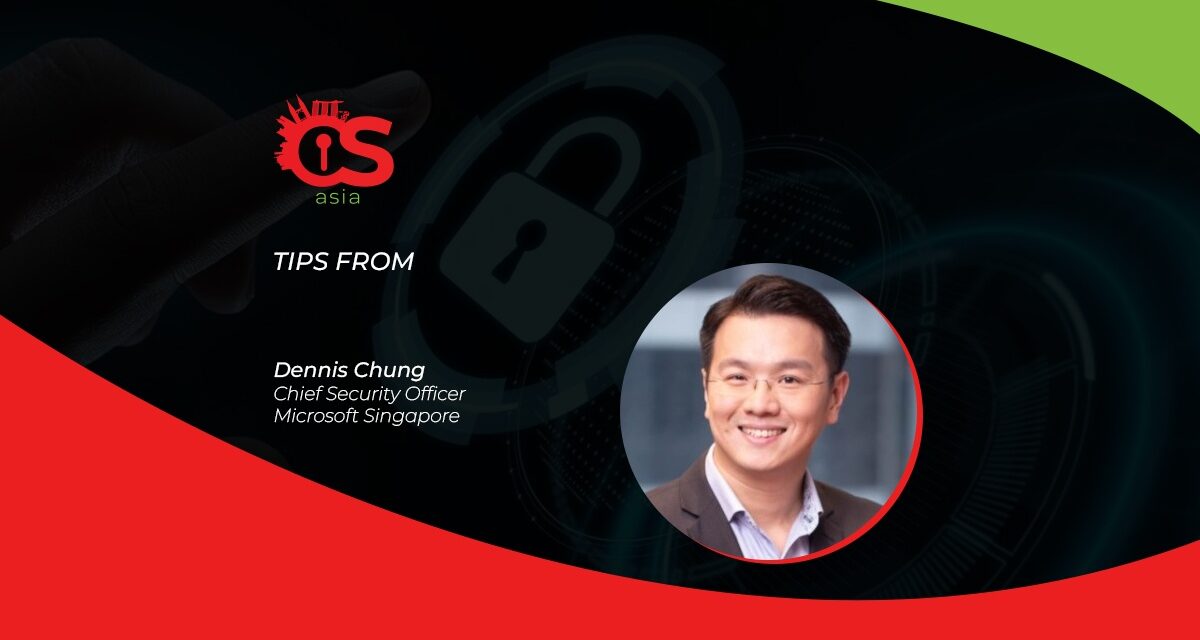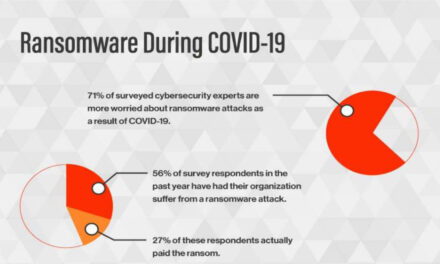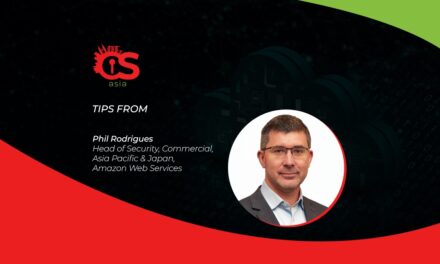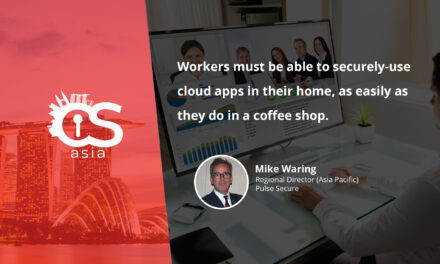Amid a global landscape of political and economic turbulence, talent shortages and escalating cyberattack/espionage sophistication, four axioms of cybersecurity remain perennial
In the past year, cyber threat actors have continued to take advantage of vulnerabilities exposed during the COVID-19 pandemic and the subsequent shift to hybrid work environments.
According to a report from Singapore’s Counter Ransomware Task Force, the number of estimated password attacks per second in the country had increased by 74% in the last year alone. Similarly, this growing ransomware threat has become a pressing concern for many of the world’s digitally connected nations.
As we embrace a truly hybrid world that reimagines work culture, workplace, and workstyles, we must create a secure environment that enables everyone to work, play, and live safely despite the constantly changing security landscape.

How can organizations strengthen and maintain security measures to meet increasingly complex threats and keep their business and people safe?
-
Implement strong cyber hygiene practices
As hybrid work becomes a way of life for many of us, we need to ensure that our digital footprint is secure, whether at home or at work. With nearly every aspect of our lives digitalized, every unsecured endpoint is a vulnerability that cybercriminals can exploit. By taking a proactive approach to strengthen security postures, businesses will be in a better position to counter modern threats across hybrid and multi-cloud environments. Positive measures include applying zero trust principles; enabling multi-factor authentication; using modern anti-malware; keeping system patching up to date; and safe-guarding mission-critical data.To strengthen your security against ever-evolving cyber threats, it is important to be deliberate about who has privileged access to systems and to deploy modern security solutions.
-
Early attack detection is essential
The outcome of a cyberattack is frequently predetermined long before the attack even starts. Attackers take advantage of weak environments to gain initial access, conduct surveillance and wreak havoc by lateral movement and encryption or exfiltration. -
Integrate security into corporate culture
Amid a worldwide shortage of security professionals, the private sector and governments alike must work together to address the shortage of security experts, and businesses must integrate security into their culture. In doing so, organizations can empower employees to become a line of defence against cyberattacks by reporting suspicious activity and preventing cybercriminals from using compromised credentials to access vital infrastructure. - Strengthen cyber resilience through public-private partnerships
Cybersecurity is a team sport, and overcoming the challenges posed by ransomware will require new levels of cooperation.

















